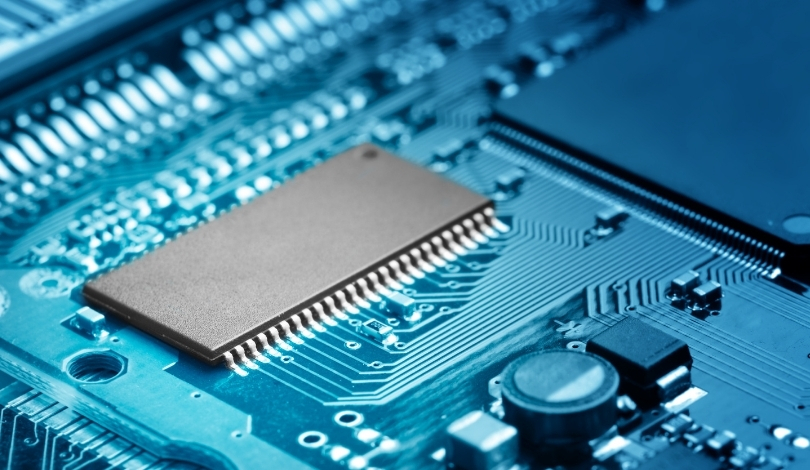Amid the bustling announcements at Computex 2023, a significant development emerged that neither AMD, Intel, nor Nvidia’s ‘digital humans’ anticipated. This development has captured the attention of tech enthusiasts globally, indicating a shift in the industry’s focus. It suggests a potential transformation in technological applications and usage, making it a notable highlight of the event.
The product announced is a pioneering innovation in the field of artificial intelligence. Launched in early 2023 by a leading tech company in Taiwan, it promises to revolutionize the way users interact with AI technologies. With advanced capabilities in recognizing and adapting to user behaviors, this product aims to enhance efficiencies across various sectors by offering more intuitive and responsive AI solutions.
Enhanced AI Capabilities
Reports from earlier this year also highlighted various advancements in AI technology. These reports focused on improved machine learning algorithms and more efficient data processing techniques. Compared to this, the recent announcement at Computex brings a more user-centric approach, aiming to integrate AI seamlessly into everyday workflows.
Previous news articles emphasized the significant improvements in computational power and processing speeds. However, the recent development at Computex shifts the narrative towards practical applications and usability of AI in real-world scenarios. This contrasts with prior focuses, underscoring a more holistic approach to technology integration.
Key Takeaways
- Increased focus on user-centric design in AI technologies.
- Advancements in AI adaptability and responsiveness.
- Shift towards practical applications over raw computational enhancements.
The recent announcement at Computex 2023 signifies a crucial shift in the tech industry. By focusing on enhancing user interaction and practical applications, the newly launched AI product showcases the evolving priorities in technological advancements. This development suggests that future innovations may prioritize seamless integration and practical utility over sheer power and processing capabilities. Such a trend could redefine how consumers and industries utilize AI, fostering more intuitive and efficient technological solutions. The implications of this shift are profound, potentially leading to more accessible and user-friendly AI applications in various sectors, from personal use to industrial automation.










